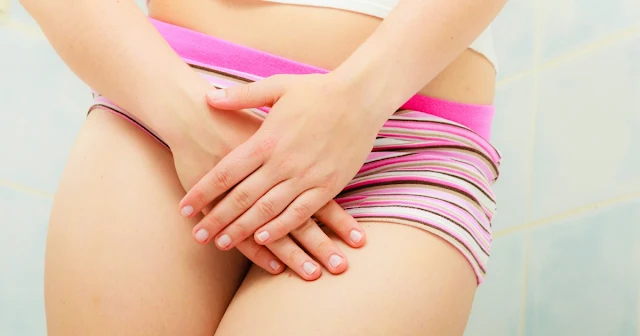How To Treat Vaginal Irritation
Treating Vaginal Irritation: Your Comprehensive Guide
Introduction:
Vaginal irritation is a common concern for many women, and it can be both uncomfortable and distressing. It's essential to understand that vaginal irritation can have various causes, and addressing it effectively depends on identifying the underlying issue. In this article, we'll explore the most common causes of vaginal irritation and provide practical tips on how to treat and prevent it, ensuring your comfort and well-being.
1. Maintain Good Hygiene
Proper hygiene is the foundation for a healthy vaginal environment. Always remember to wash the genital area with mild, unscented soap and warm water. Avoid harsh, scented, or antiseptic soaps, as they can disrupt the delicate pH balance of the vagina, leading to irritation. It's also crucial to rinse thoroughly and pat dry, as excessive moisture can contribute to irritation.
2. Wear Breathable Fabrics
The type of underwear you choose can significantly impact your vaginal health. Opt for breathable, cotton underwear that allows air circulation, reducing the risk of irritation. Avoid tight, synthetic materials that trap moisture and heat, creating an environment conducive to irritation and infection.
3. Say No to Douching
Douching, or using water or other cleaning agents to rinse the vaginal canal, is not recommended. The vagina is self-cleaning and possesses its natural balance of bacteria. Douching can disrupt this balance, leading to irritation and an increased risk of infections.
4. Be Mindful of Menstrual Products
The choice of menstrual products can also affect vaginal health. Consider using tampons, pads, or menstrual cups that are free of harsh chemicals and fragrances. Change them regularly to prevent irritation caused by prolonged exposure to moisture and irritants.
5. Dietary Habits Matter
What you eat can influence your vaginal health. A diet rich in probiotics, such as yogurt, kefir, and fermented foods, can help maintain a healthy balance of vaginal flora. Hydrate well by drinking plenty of water to keep the body and vaginal tissues adequately moistened.
6. Manage Stress
Stress can weaken the immune system, making you more susceptible to infections and irritation. Practice stress-reduction techniques, such as yoga, meditation, or deep breathing exercises, to keep stress at bay and promote overall well-being.
7. Consider Lubricants and Moisturizers
If you're experiencing dryness and discomfort, it may be helpful to use water-based, unscented lubricants during sexual activity. Additionally, over-the-counter vaginal moisturizers can provide relief from dryness and irritation.
8. Seek Medical Advice
If you're experiencing persistent or severe vaginal irritation, it's essential to consult a healthcare professional. They can diagnose the underlying cause and recommend appropriate treatment. Common causes of irritation may include yeast infections, bacterial vaginosis, allergies, or other underlying medical conditions.
9. Over-the-Counter Treatments
For mild irritation, over-the-counter products, like anti-itch creams or suppositories, may provide relief. Always follow the product's instructions and discontinue use if the irritation persists or worsens.
10. Preventive Measures
Preventing vaginal irritation is as important as treating it. Maintain regular gynecological check-ups, practice safe sex, and communicate openly with your partner about any discomfort or changes in your vaginal health.
Conclusion
Vaginal irritation can be bothersome, but with the right care and attention, you can prevent and treat it effectively. Remember that good hygiene, appropriate clothing choices, and a healthy lifestyle are your allies in maintaining vaginal health. If irritation persists or worsens, don't hesitate to seek professional advice. Your well-being and comfort should always be a top priority, and by following these tips, you can help ensure a happy and irritation-free vaginal environment.



Post a Comment for "How To Treat Vaginal Irritation"